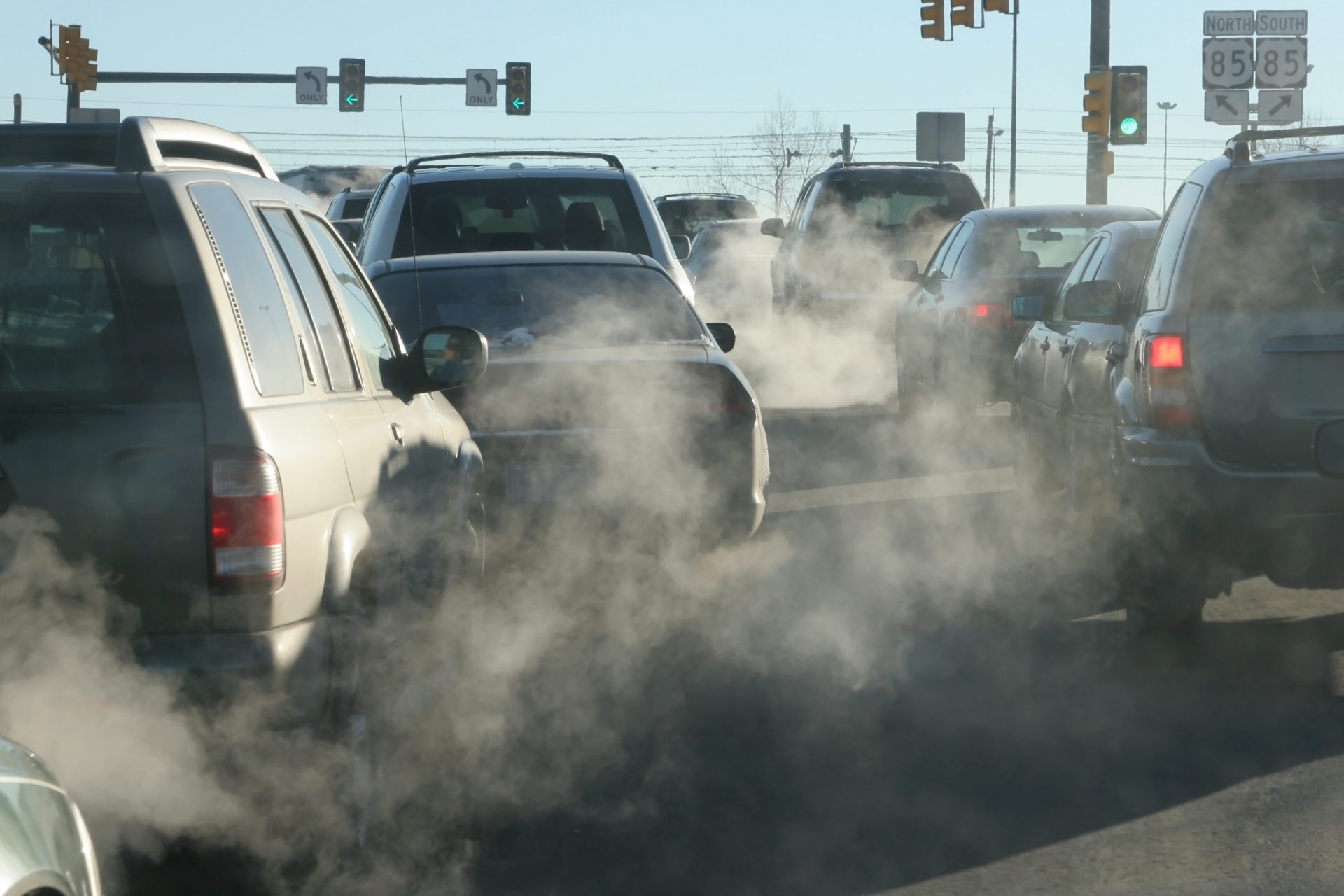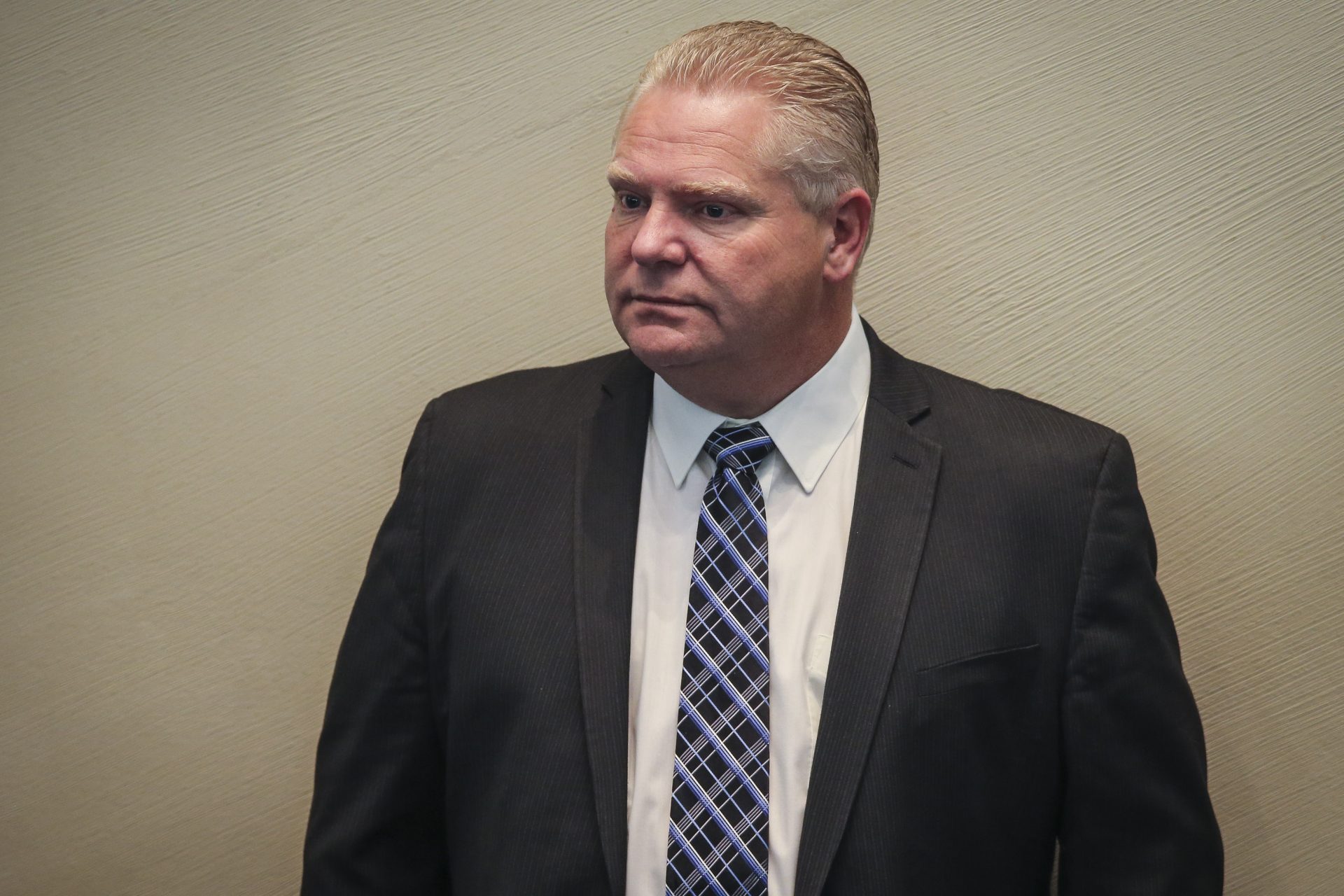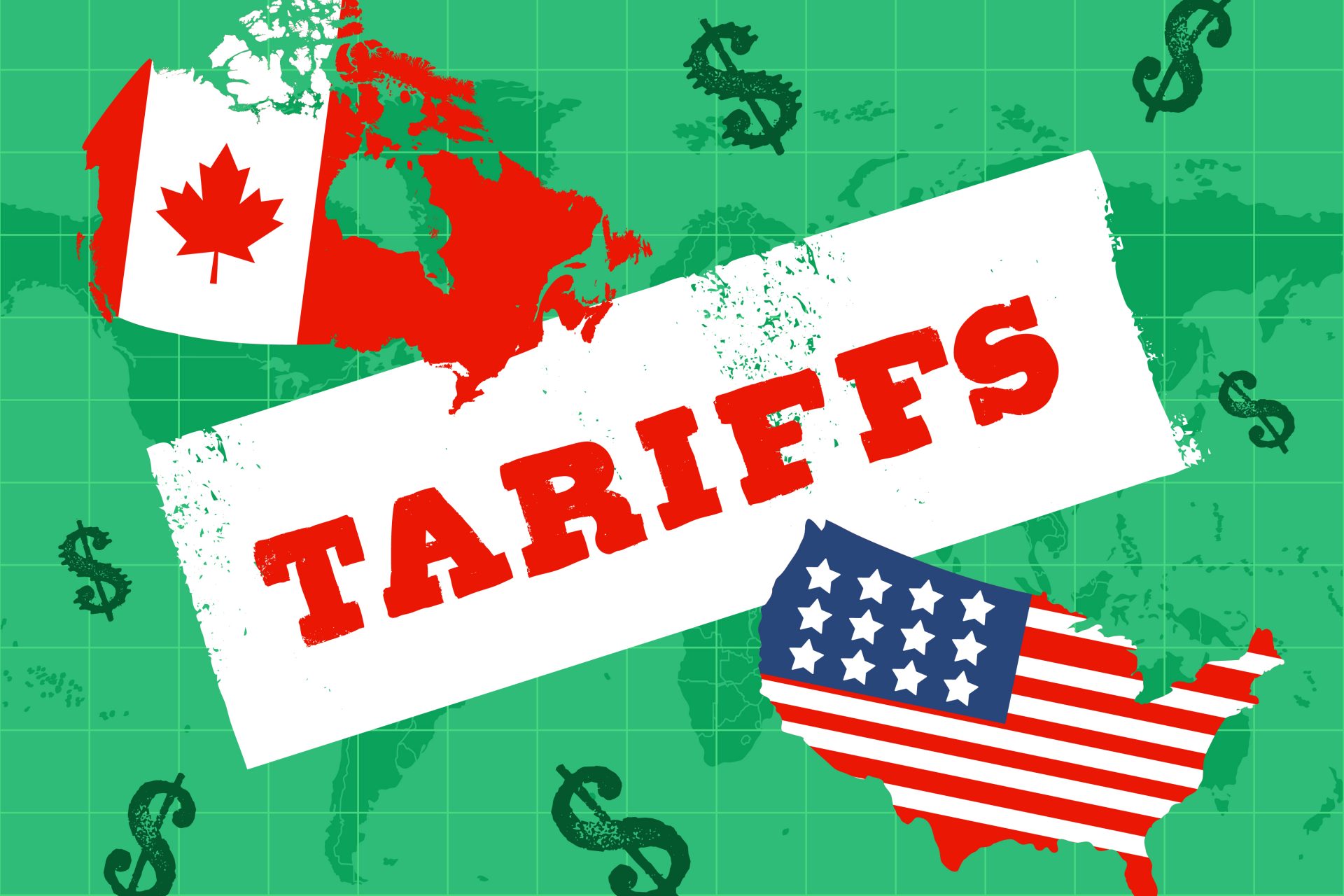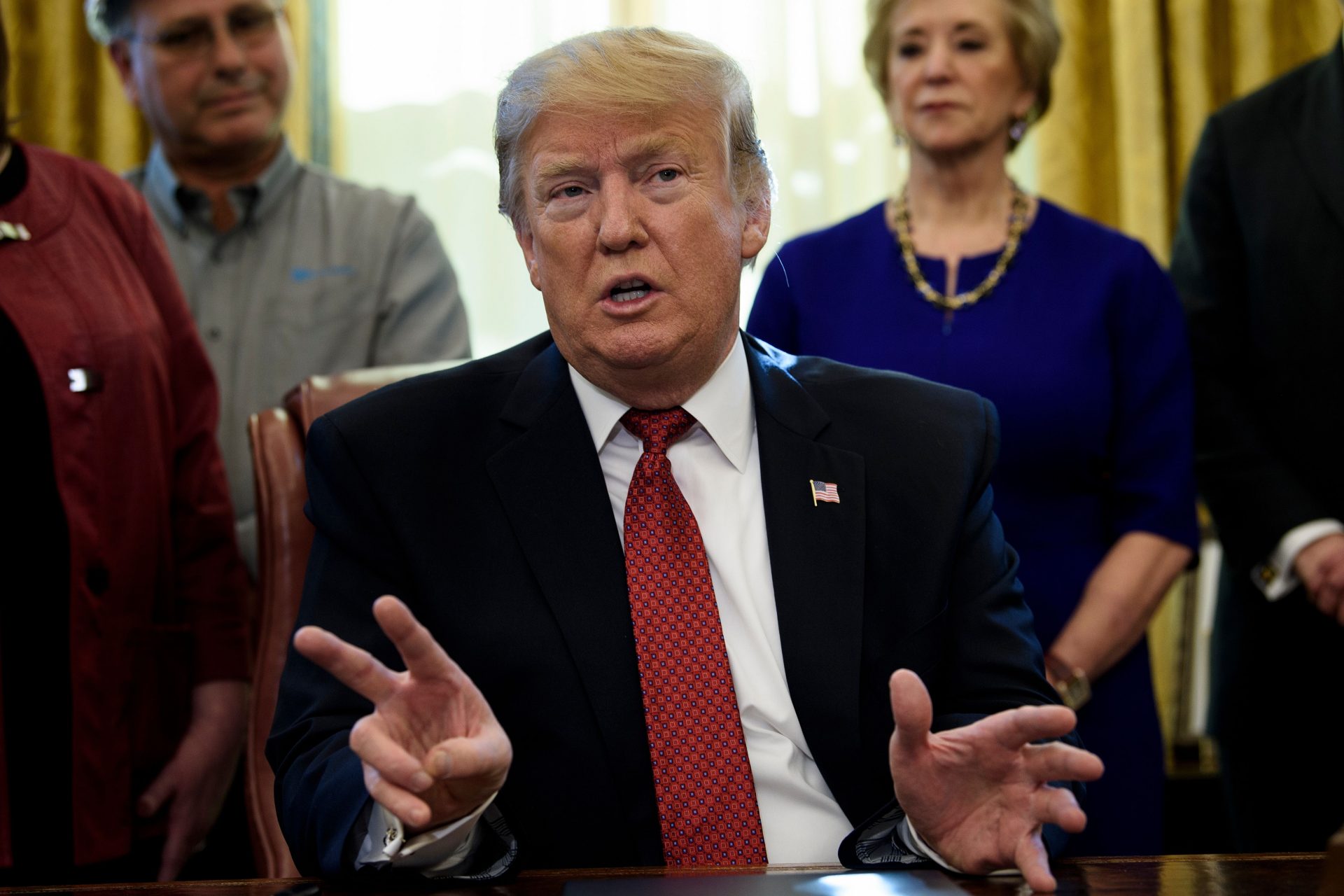Has the Biden administration lost its battle against gas-powered vehicles?
The House of Representatives shot down a Biden Administration ruling that aimed at reducing the manufacturing of new gas cars in the US by 2032. It is the latest hit to a controversial policy.
The plan will profoundly affect the vehicle industry and make it difficult for Americans to buy gas-powered vehicles soon. Its goal is to guarantee that most new passenger cars sold in the country will be electric or hybrid by 2032.
The regulation, which the New York Times called one of the most significant climate regulations in the United States' history, will require new vehicles to have increasingly tight tailpipe pollution limits or face significant fines.
Transportation is the largest source of carbon emissions in the US, so reducing that single source is vital to reducing contamination and combating climate change.
However, before Biden's regulation, electric and hybrid cars were not selling fast enough. According to The New York Times, they comprised less than a third of total sales.
The new regulation allows the Environmental Protection Agency (EPA) to limit the pollution generated by the total number of cars sold yearly. The limits will affect new models from the year 2027 vehicles and will keep growing until 2032.
Aside from Congress ─the Senate is also divided on the policy, so its future is uncertain─ President Biden’s policy has experienced fierce opposition from the oil industry.
According to NPR, a coalition of fossil fuel groups has been running misleading ads on the policy in battleground states. The ad says it bans gas-powered cars, which is not necessarily true.
Still, it is not entirely a lie, either, and the ads, which encourage people to contact their Senators to oppose the regulation, are not the only action oil companies have taken against it.
According to The Washington Examiner, the industry groups filed multiple lawsuits against the EPA in June in an effort to overturn the rule.
More for you
Top Stories























